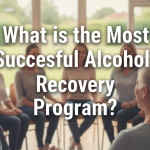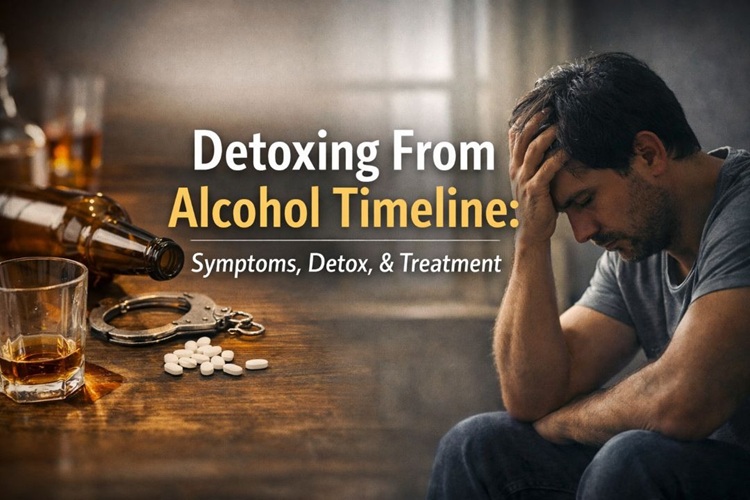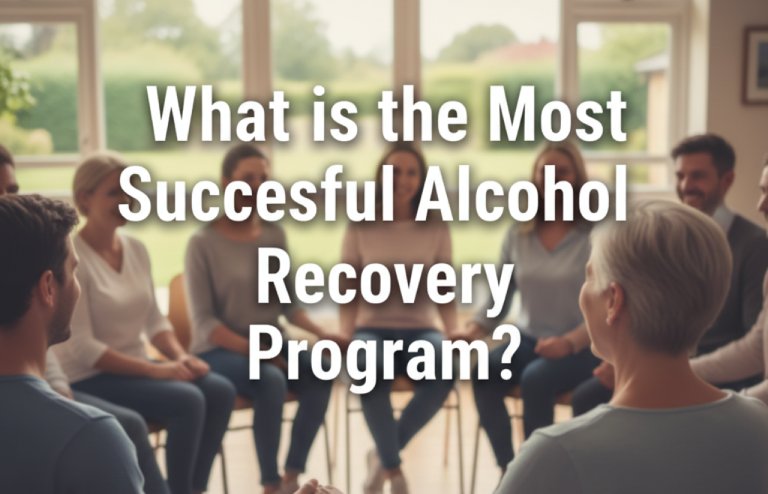If you suffer from drug or alcohol use, you are not alone. According to the Substance Abuse and Mental Health Services Administration (SAMHSA), 48.5 million people suffered from a substance use disorder in 2023.[1]
One of the biggest barriers to substance abuse treatment is the fear of losing your job. While inpatient rehab requires you to take up to 3 months off work, it is possible to maintain a job during outpatient care. Intensive outpatient programs usually only require you to go to therapy sessions 3 to 5 days per week, leaving you with plenty of free time to attend work.
Even further, there are laws like the ADA and the FMLA that protect your job when you are attending addiction treatment. The ADA prevents you from being fired due to discrimination, while the FMLA allows you to take some time off from work for medical care, like drug and alcohol addiction treatment.
If you are using drugs or alcohol, attending an outpatient rehab like Solutions Healthcare can provide you with the tools and support you need to recover.
In this article, you will learn:
- Can you work during outpatient addiction treatment?
- How does the ADA help you work while in rehab?
- Can you use the FMLA for addiction treatment?
- What are the benefits of outpatient rehab?
Can You Work During Outpatient Rehab?
If you suffer from drug or alcohol abuse, you might be wondering how to attend rehab while continuing to work. Inpatient substance or alcohol abuse treatment centers require you to live at the facility full time. This means you’d have to take 30 to 90 days off work to recover.
Thankfully, inpatient rehab is not your only option. Outpatient rehab, the better option for working individuals, making it possible for people to continue working while they receive the addiction care they need.
For example, programs like PHP or IOP only require you to attend 3 to 5 treatment sessions per week in a structured environment. Depending on your needs, these sessions might only last one to two hours at a time. In other words, you’ll have the flexibility in scheduling that you need to maintain your job.
If you want to work while in rehab, you should choose outpatient treatment. These programs are designed to allow their patients the time and grace they need to care for outside responsibilities.
How Does the Americans With Disabilities Act (ADA) Help During Outpatient Rehab?
The Americans with Disabilities Act (ADA) protects people who are in recovery from drug or alcohol abuse and are working or seeking employment. This protection is extended to people who are currently enrolled in an addiction treatment program.
Under the ADA, employers are not allowed to discriminate against you due to your substance use disorder. As long as you are still able to complete your job, you cannot be fired simply for suffering from addiction. That said, you need to be actively recovering and refraining from substance abuse on the job for this protection to work for you.
Even further, the ADA “requires that employers make reasonable accommodation to the known physical or mental limitations of otherwise qualified individuals with disabilities.”[2]
Because addiction qualifies as a disability, your employer might be required to make accommodations like allowing you to work part-time during your outpatient rehab program.
100% Confidential Support is Available 24/7
No matter what you’re going through, you’re not alone. Our dedicated team is here to provide a safe, judgment-free space where you can talk openly and honestly. Whether you need emotional support, resources, or just someone to listen.
We’re here for you—completely confidential and always respectful of your privacy. Call us today!
Can You Use the Family and Medical Leave Act (FMLA) for Going to Rehab?
The Family and Medical Leave Act (FMLA) is a law that was created to ensure that individuals could receive unpaid leave if they are dealing with a medical emergency or need to care for a family member with a serious health condition.
You might be wondering how the FMLA helps you when you are suffering from addiction. Thankfully, substance use disorders are considered serious health conditions under the FMLA. This means that you are allowed to take up to 90 days of unpaid leave from work to attend addiction treatment.
In other words, you won’t lose your job if you decide that you need to take time off to attend inpatient rehab or outpatient treatment. Going to rehab can be stressful, but knowing that your job will be safe while you recover makes it a bit easier to digest.
Contact Solutions Healthcare
Battling with Drug and Alcohol Addition? Remember, you are not alone and we are here to help you!
What are the Benefits of Outpatient Rehab?
While inpatient rehab is considered the highest level of care, it’s not right for everyone. Going to rehab can be stressful, especially if you have a job waiting for you that you don’t want to lose. If you want to continue working during treatment, you should choose an intensive outpatient rehab program over inpatient rehab.
The benefits of an outpatient program include:
- The ability to work a job during treatment
- Personalized treatment plans
- Increased level of family involvement in the recovery process
- The ability to live in the comfort of your own home
- Outpatient treatment tends to be more affordable than inpatient treatment
- Opportunities to test out coping skills during the recovery process
- The ability to attend sober support groups during treatment
- Peer support from other people recovering from addiction
If you are considering going to rehab, outpatient programs might be a good choice for you. Whether you suffer from drug addiction or alcohol abuse disorder, these programs offer the tools and support you need to make a full recovery. While they don’t offer medical detox, they use other evidence-based treatment methods like individual therapy, group counseling, relapse prevention planning, and more.
Get Connected to an Outpatient Addiction Treatment Center
It is possible to work while attending an outpatient addiction treatment program. Because the ADA and FMLA protect your job, you can also take some unpaid leave if you want. Whatever you choose, an outpatient rehab facility can provide you with the support you need to recover.
While the benefits of inpatient rehab speak for themselves, outpatient programs are also highly beneficial. If you want comprehensive treatment while you live in the comfort of your own home, the outpatient rehab facility that Solutions Healthcare offers might be right for you.
Contact Solutions Healthcare today to begin the healing process, engage in life skills training, and receive significant benefits for addiction recovery. We follow the Health Insurance Portability and Accountability Act (HIPAA), which means all of your treatment information will remain confidential.
References
- The Substance Abuse and Mental Health Services Administration (SAMHSA): Highlights for the 2023 National Survey on Drug Use and Health
- The U.S. Department of Justice: Guide to Disability Rights Laws




















